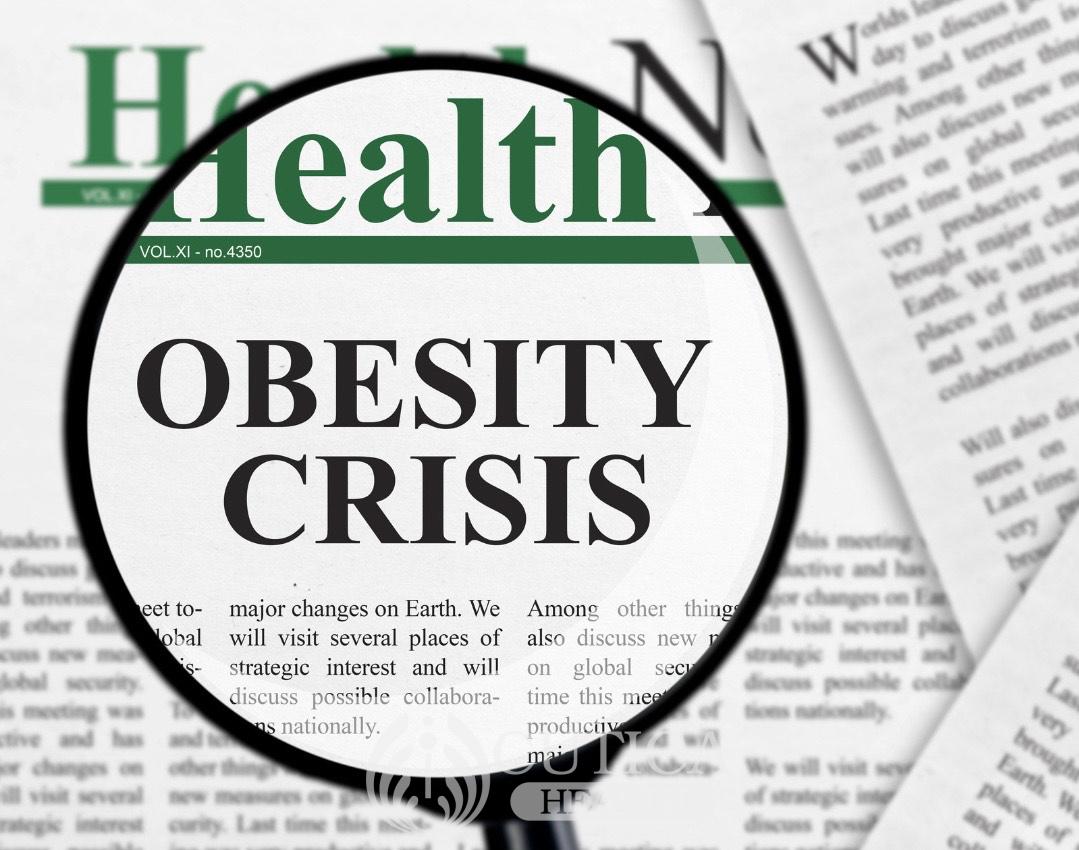
Penicillin is a widely known antibiotic used to treat infections. Its discovery in 1982 by Alexander Fleming changed the management of diseases. Prior to this time, many people died from even the mildest forms of infectious diseases.
Penicillin is a class of antibiotic consisting of a number of drugs. They are the most used and prescribed antibiotics.
Some common drugs that contain penicillin include Ampicillin, Amoxicillin, Augmentin, Flucloxacillin, Ampiclox, etc .
An allergy is a reaction triggered by the immune system in response to a substance the body has been exposed to.
While antibiotics are important for treating infections, in a small number of cases, some people may be allergic to the medication used.One in 15 people may develop an allergic reaction to antibiotics. In most cases, penicillin and another group of drugs known as cephalosporin are implicated.
Penicillin allergy develops when the drug is mistaken by the immune system for a harmful substance. The chemicals released as a result (antibodies) are responsible for the signs and symptoms of an allergic reaction.
Reactions can be mild to severe and life-threatening.

Symptoms of Penicillin Reaction
Reaction to penicillin can present with symptoms less than an hour from the time of intake. Sometimes, though uncommon, a delayed reaction may occur hours or even days later.
Some immediate signs of allergy are:
- A raised, itchy rash
- Fever
- Runny nose
- Watery, itchy eyes
- Swelling.
- Stomach cramps
- Anaphylaxis.

Anaphylaxis: Anaphylaxis, a serious, life threatening reaction that requires urgent medical attention, may occur after intake of penicillin. Some symptoms of anaphylaxis include:
- Difficulty breathing
- Dizziness
- Feeling sick
- Decreased blood pressure
- Fast heart beat
- Confusion
- Feeling anxious
- Loss of consciousness.
Some late or delayed reactions to penicillin includea severe skin reaction, called Steven Johnson syndrome or toxic epidermalnecrolysis . This simply means the skinbegins to break down and fall apart. Blistering and peeling of the skin is severe.
Who Is At Risk?
Listed below are certain factors that can increase a person's risk of developing an allergic reaction to penicillin.
- Family history of allergy to drugs
- Personal history of drug allergy
- Personal or family history of other allergies e.g. certain foods, hay fever, asthma, etc.

SUMMARY
Penicillin and penicillin-related drugs are one of the most commonly implicated drugs in cases of drug allergies. It is however important to note that side effects of medications isn’t exactly the same as an allergic response. Some side effects that may be experienced with penicillin use are headaches, nausea, vomiting, stomach upset, etc.

You should go to the hospital if you are having a troublesome reaction to a medication prescribed. Anaphylaxis can be fatal . If you are having difficulty in breathing, wheezing, a tightfeeling in your chest, etc. , you need to immediately gain access to emergency services.
If you are allergic to penicillin or any medication at all, inform your doctor or other health care workers attending to you so that this can be clearly documented in your file andnoted in the future.












